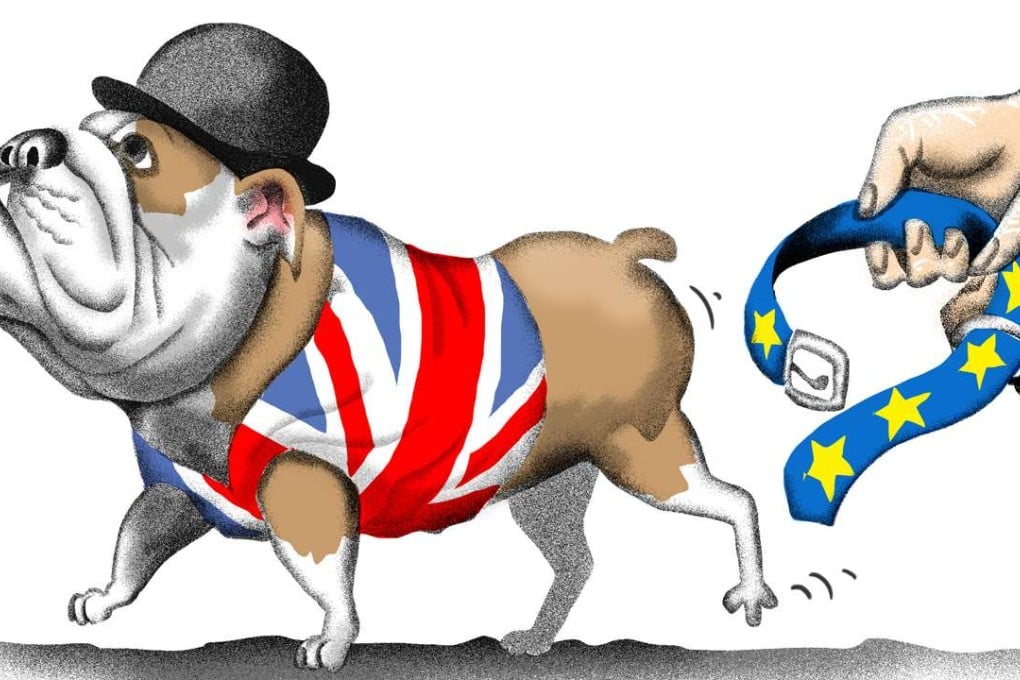Britain, like Singapore in 1965, has outgrown the need to be part of a federation
N. Balakrishnan says there is no reason why Britain’s economy won’t benefit from a split from the European Union – if both sides continue to trade with each other

An island nation that was dependent on free trade, international finance and other services for its wealth was part of a larger federation across the channel. The federation, unlike the island, had its own rigid political and economic imperatives and used legislation and regulation to impede and control market forces. So the island left or rather, was forced out of the federation. Many predicted doom for the island and that the island would “go crawling back” soon.
Britain in 2016? No. How about Singapore in 1965. When Singapore split from Malaysia in August 1965, it was a smaller economy than that of Malaysia and its currency, the Singapore dollar, was trading on par with the Malaysian dollar.
Today, Singapore’s economy is larger than that of Malaysia despite Malaysia having a bigger “market”, population and land mass. The Singapore dollar is worth almost about three Malaysian dollars. So, at least in theory, island states separating from the larger “market” or “union” are not necessarily doomed, and may even prosper.
Of course, no two events are alike and hindsight wisdom should also be resisted, as Singapore with a different set of policies could have indeed failed.

Brexit brigade is living in a fantasy world with its dreams of go-it-alone Britain
Even with all these caveats, however, one cannot help comparing Britain with Singapore of 1965. As I see it, Britain, which depends on trade and services, is being encumbered in reaching out for the next stage in its economic growth by bureaucrats located in far-away capitals more interested in regulating cheese and changing human behaviour than in promoting free trade.